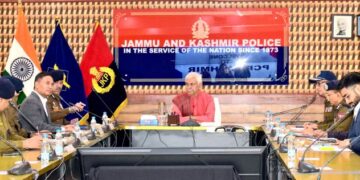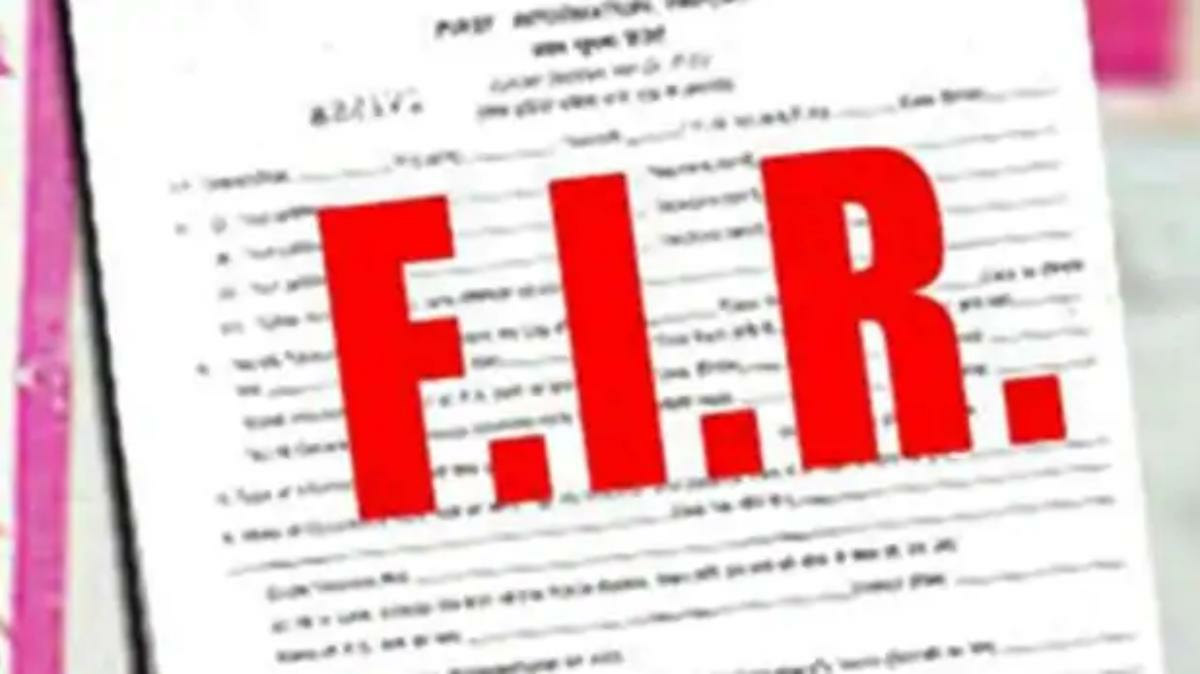Srinagar: The High Court of Jammu and Kashmir and Ladakh has held that courts are not expected to sit in appeal over administrative or technical decisions of statutory authorities taken in bona fide exercise of their powers.
The Court can act only when such actions are ex facie arbitrary, perverse, or contrary to law, it said.
The remark was made in a case filed by one Noor Mohammad Dar of Hyderpora, Airport Road against the Srinagar Municipal Corporation (SMC) who allowed one Mohammad Farooq Sarfi, to raise a construction in the area with some minor breach of building permission rules.
Justice Wasim Sadiq Nargal while dismissing the case of Noor Mohammad said “the writ petition, on a plain reading, appears to be an attempt to assail a minor deviation which has since been compounded in accordance with the law and that too by a party who was watching from the fence when the order of the (J&K Special Tribunal was passed”.
The judge held “the courts are not expected to sit in appeal over administrative or technical decisions of statutory authorities taken in bona fide exercise of their powers, unless such actions are ex facie arbitrary, perverse, or contrary to law”.
No such case has been made out in the present matter, he said.
The petition challenged a May 2024 order by the J&K Special Tribunal in an appeal arising out of a demolition notice by the SMC. The petition was grounded on the assertion that the Tribunal order was in contravention of a 2022 judgment passed by J&K High Court in a similarly situated writ whereby the Tribunal’s earlier order was set aside and the matter was remanded for fresh consideration.
The petitioner claimed “the Tribunal, instead of deciding the matter afresh in conformity with the directions of this Court, has repeated the very errors previously annulled and has failed to adjudicate the core issues raised in the demolition notice, particularly the alleged violation of land use norms”.
The private and official respondents, however, opposed the petition on the grounds of maintainability and locus standi. They submitted “the deviation was minor in nature, has been duly compounded under the applicable byelaws, and that the Tribunal’s order, based on findings of fact, does not warrant interference in writ jurisdiction”.
They argued “the construction being raised by the private respondent Sarfi does not affect any prevailing law or has infringed the right of the petitioner which would have been a justifiable cause to the petitioner to knock the doors of the justice through the medium of the instant petition”.
The court observed that that in certain exceptional cases, persons other than directly affected parties may be allowed to file a writ petition where the issue involves systemic failure or breach of fundamental public obligations.
“The present petitioner, has neither approached any competent authority or invoked any alternative remedy and has not pleaded any specific statutory prejudice, is not permitted to reopen concluded proceedings”, it said.
The court found “the petition amounting to an abuse of process of law and cannot sustain the test of law. Accordingly, this issue is answered against the petitioner”.
It recorded the writ petition by (Noor) lacks merit and does not warrant interference by this court while exercising extraordinary writ jurisdiction.
The court held “the petitioner, who does not appear to be an immediate neighbour or directly affected party and has failed to disclose any specific or substantial legal injury caused to him on account of the deviation or its regularization”.
It stated that every citizen has a right to ensure lawful construction and compliance with building norms, such right must be exercised bona fide and supported by cogent material demonstrating illegality or arbitrariness. “Mere dissatisfaction with the actions of a statutory authority, in the absence of any demonstrable illegality or infringement of rights, cannot form the basis for invoking the extraordinary writ jurisdiction of this Court”, it said.
The Tribunal, it said “….passed a detailed order dated 29.05.2024, holding that the deviation was minor and compoundable. Following this determination, the Corporation, acting within its statutory domain, proceeded to regularize the deviation and the orders stands complied with”.
.







